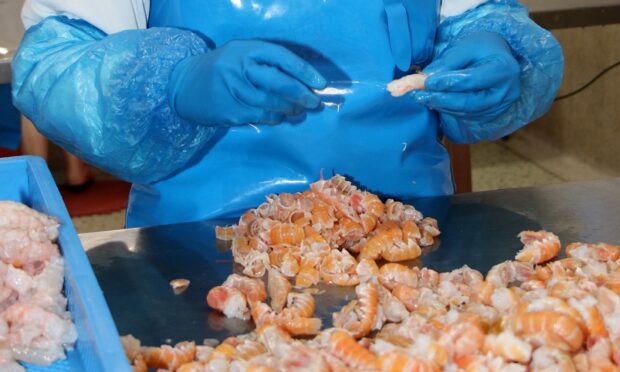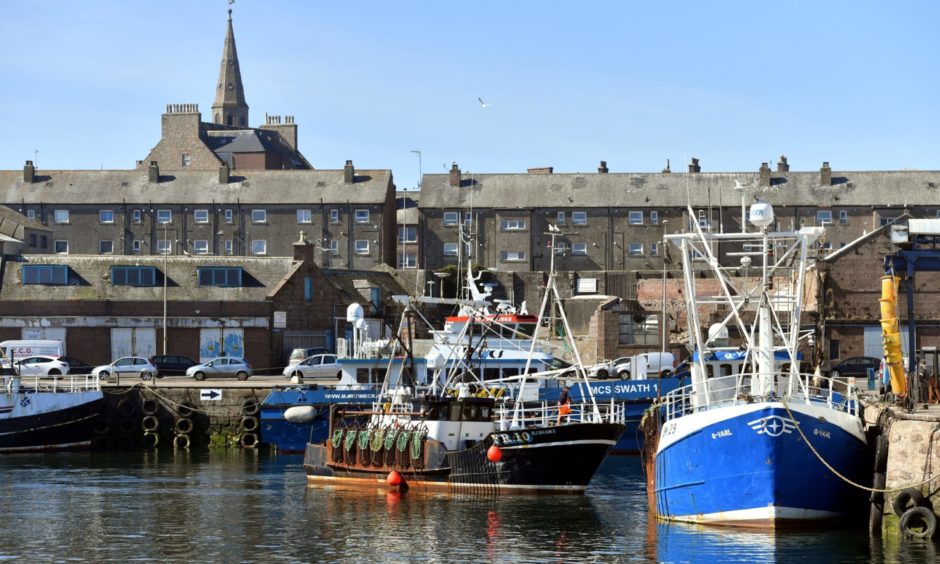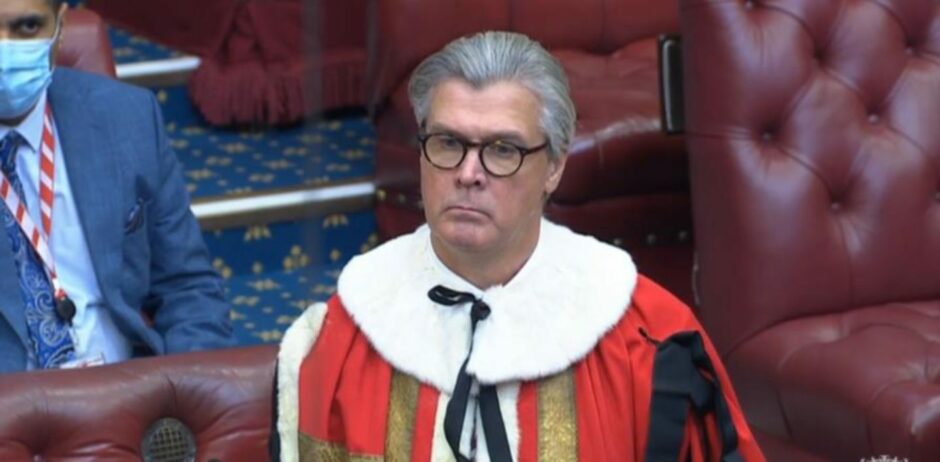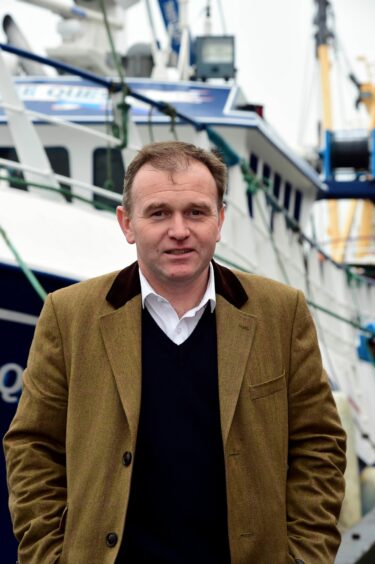North and north-east fishing communities are among those expected to benefit from better infrastructure, stronger supply chains, new jobs and investment in skills after a £75 million allocation from the £100m UK Seafood Fund (UKSF).
Announcing today (December 27) how the cash is to be spent, the UK Government says it will help modernise Britain’s seafood industry and “level up” coastal communities.
The investment is expected to boost the sector’s ability to land more fish in the UK and help to get it to market faster by improving the capacity and efficiency of harbours and processing facilities.
We want to guarantee our fishing industry has a bright future and today’s allocation of funding is a great step forward.”
Lord Offord of Garvel, Scotland Office Minister.
The over-arching aim is to boost the long-term sustainability of the fishing industry and support jobs, increasing “opportunities for coastal communities and levelling up across the country”.
A £65m infrastructure scheme will be made available for projects such as modernising ports and harbours, alongside increasing capacity and efficiency at processing and aquaculture facilities.
A competition will be run to identify the best projects, prioritising those that reduce carbon emissions, helping increase the sustainability of the sector and contributing towards the UK’s commitment to reach net-zero by 2050.
A further sum of up to £10m will be used to encourage new entrants into the processing, catching and aquaculture sectors, alongside training and upskilling current workers.
The government aims to do this by offering an improved package of training to people joining the industry and making it easier for people from coastal communities to progress through their careers.
This multimillion-pound investment will have a real and tangible impact on coastal communities across the country.”
MP Michael Gove, levelling up secretary.
The two funding schemes are the second and third parts of the £100m UKSF, which was announced by Prime Minister Boris Johnson after he signed off the Brexit deal last year.
A £24m science and innovation “pillar” was announced in September.
It will support investments in new technology, trials of new gear and research to improve the productivity and long-term sustainability of the industry.
Another £1m will be committed to promoting UK seafood, further details of which will be set out during 2022.
According to the government, the total investment will make sure the industry and coastal communities can benefit from the valuable extra quota delivered to the UK fleet as a result of the Brexit trade deal.
Defra says this was worth £333m in 2021 alone.
Scotland Office Minister Lord Offord of Garvel said: “We want to guarantee our fishing industry has a bright future and today’s allocation of funding is a great step forward.
“From upgrading ports and improving processing facilities to boosting training and encouraging recruitment, it all brings a massive boost for the industry.”
Environment Secretary George Eustice said: “A year on from the Trade and Cooperation Agreement, a positive picture is emerging for our fishing industry.
“Today, we are announcing a £65m infrastructure scheme which will allow us to modernise ports and harbours and increase capacity and efficiency at processing facilities.
“A £10m fund will encourage new entrants into the processing, catching and aquaculture sectors, and train and upskill those in the industry.
“We are committed to levelling up coastal communities across the UK, and this marks a period of rejuvenation for our fishing industry.”
Levelling Up Secretary Michael Gove added: “This multimillion-pound investment will have a real and tangible impact on coastal communities across the country.
“It will support the creation of jobs and training opportunities that will help put the industry on a sure footing for the future.
“We are working hard to boost local communities and spread opportunity to every corner of the country as we level up the nation.”
Defra will invite the industry to put forward bids for the infrastructure and skills & training cash, which will go to” those that most benefit the industry”.




